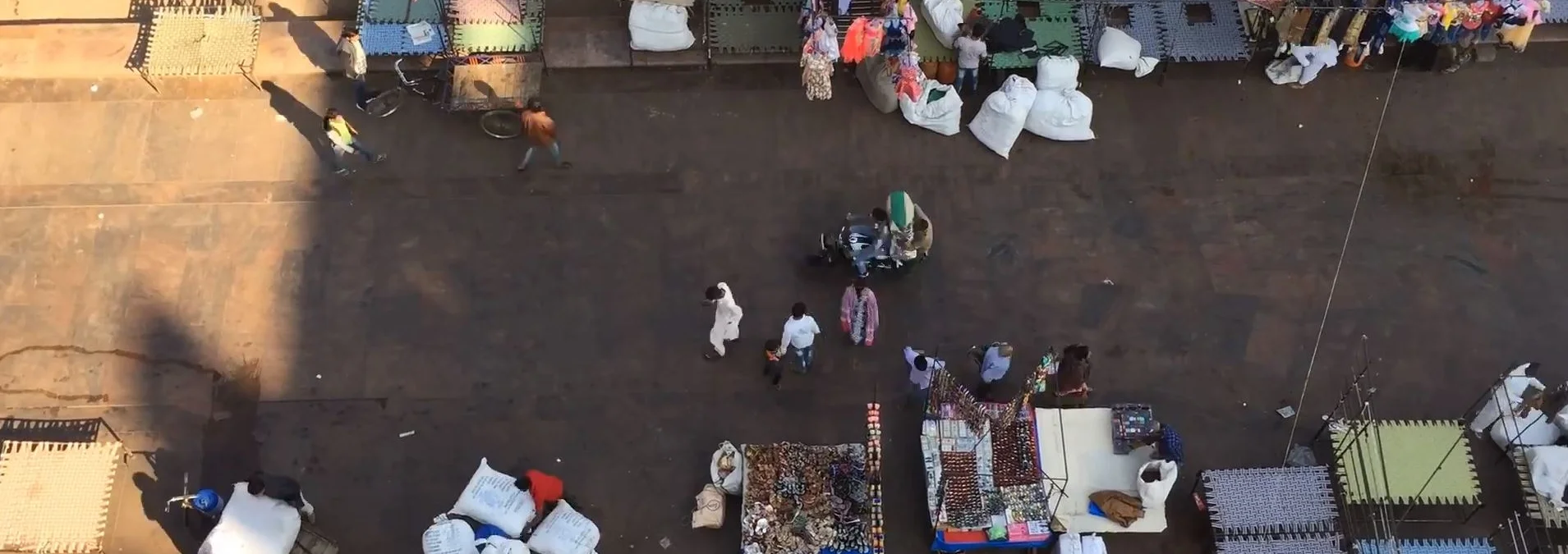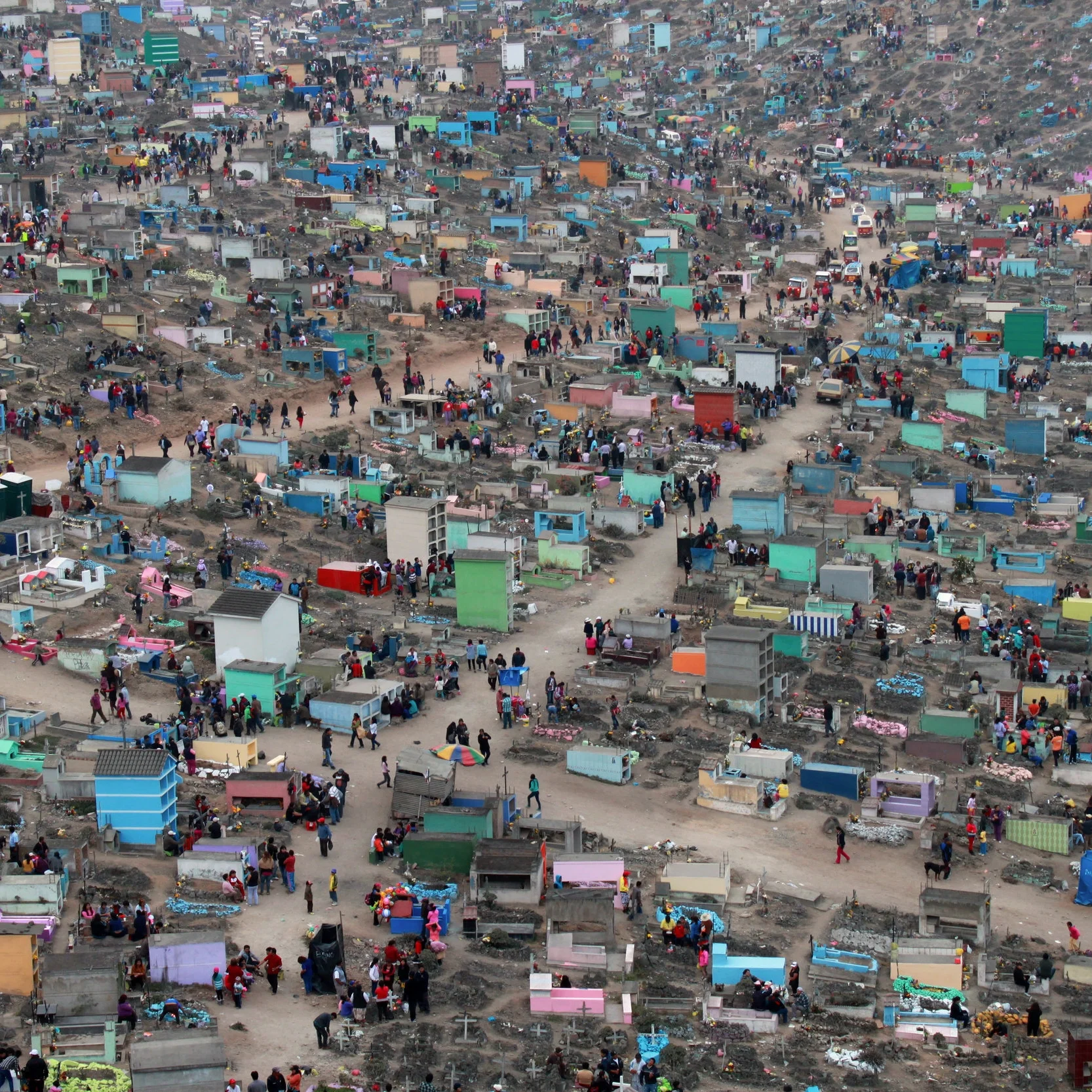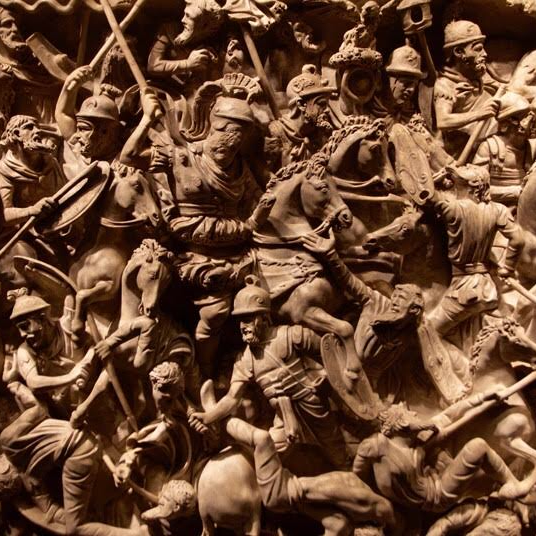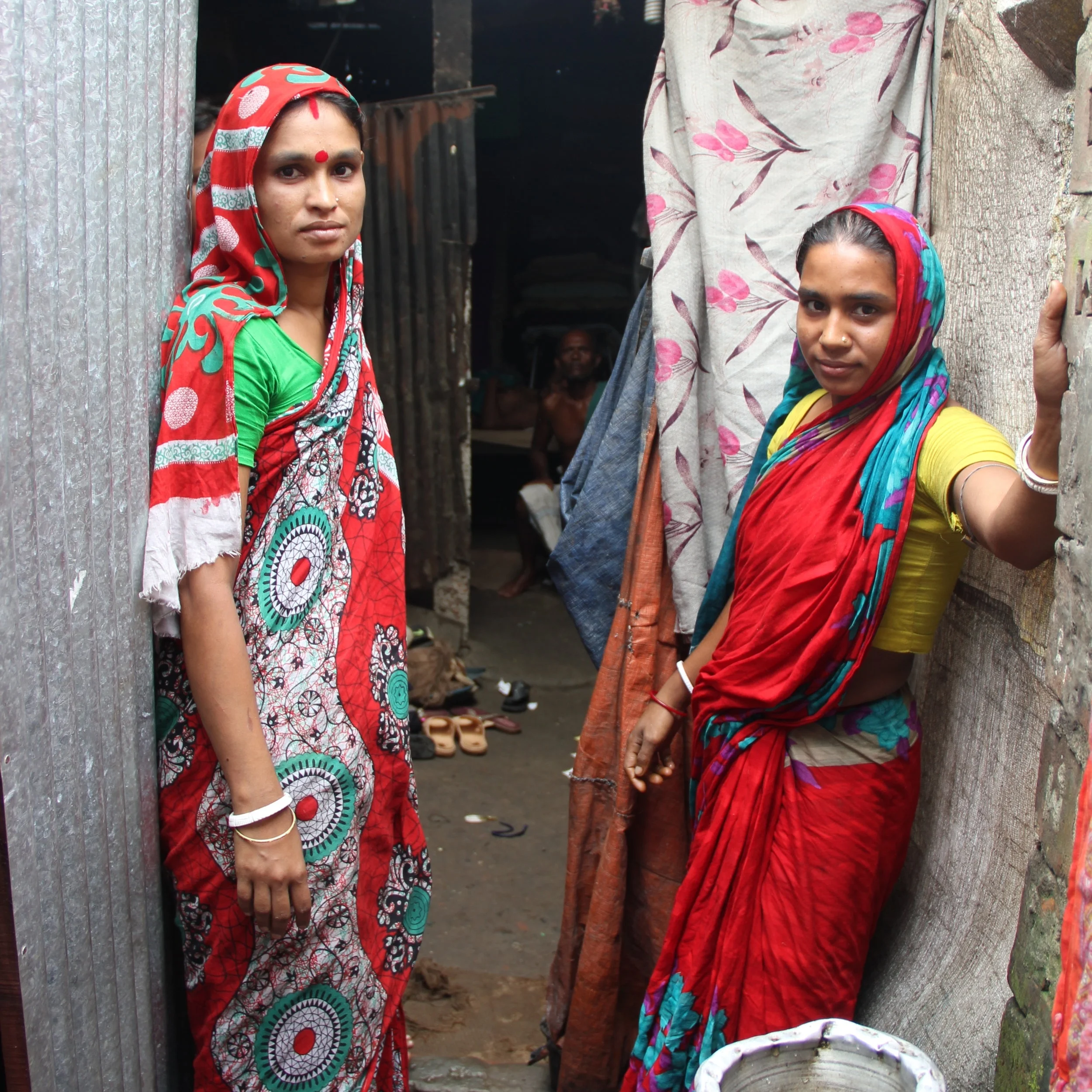Issue 01: Temporality/Permanence
Nueva Esperanza Cemetery as informal public space
by Eduardo Pelaez (MDes ’19)
Cemeteries are cultural manifestations to remember a deceased relative or friend situated mainly in cold and rigid landscapes. However, the meaning of sadness, coldness, and death flip to celebration, music, and life in one of the biggest and most popular cemeteries in Latin America: The Nueva Esperanza Cemetery.
by Nicolás Delgado Álcega (MArch II ‘20)
The city is, by nature, in time. It is an interminable, cyclical process that is constantly mediating between what was, what is, and what might be. And yet, the city only exists now. There is no city of the past; no city of the future. These are just delusions of the mind.
A Closer Look into the Typologies of the Informal Settlements
by Astrid Cam Aguinaga (M.ArchII & MUP ’19)
Cities in the developing world have experienced exponential growth since the 1940s due to a massive rural-to-urban migration (Karpat, 1976). This growth has resulted in a proliferation of informal settlements as the main driver of residential urbanization in these cities for the past few decades (De Soto, 2002).
Planning for the Expanding Female Workforce in Narayanganj, Bangladesh
by Ciara Stein ( MUP & MLA I, ‘21)
The Narayanganj City Corporation (NCC), located 17 km from Bangladesh’s capital Dhaka, is situated along the banks of the Shitoloksha in Western Bengal. NCC is one of the oldest urban settlements in Bangladesh and has undergone many transformations:…





